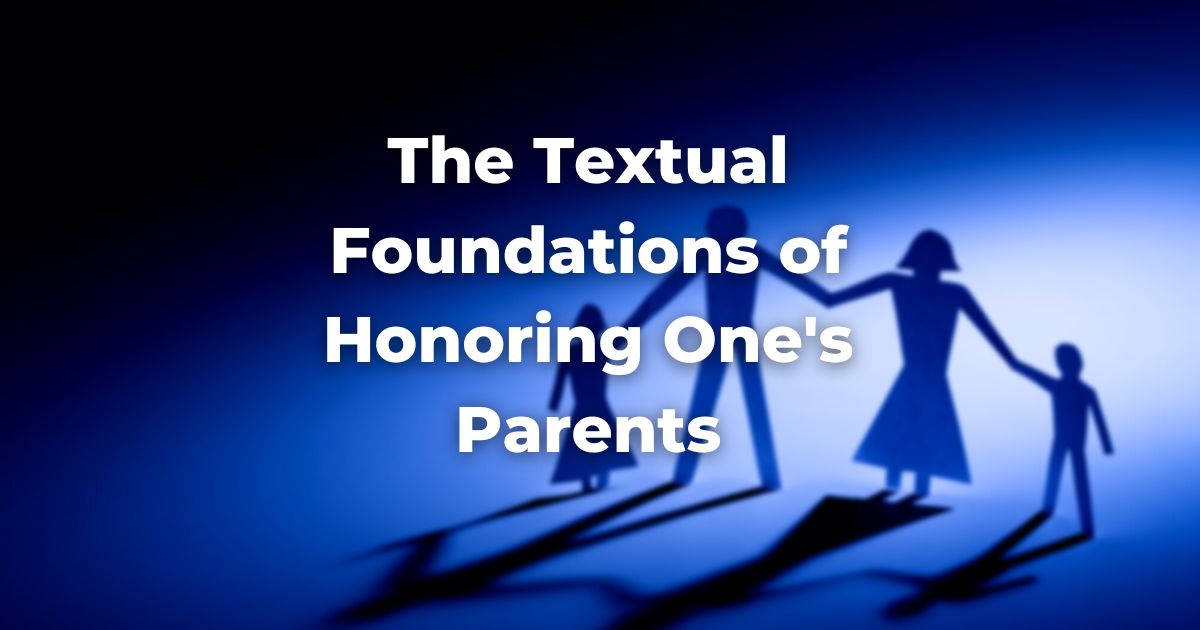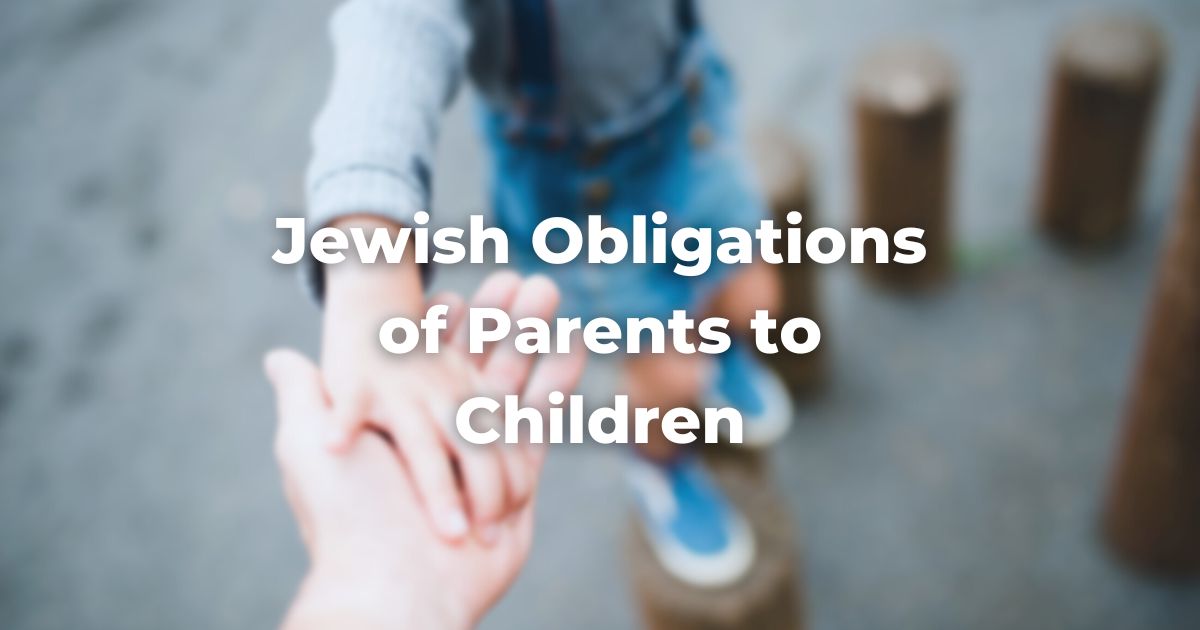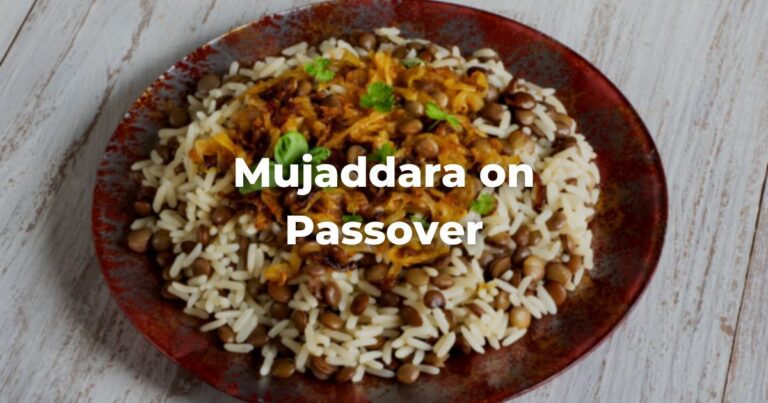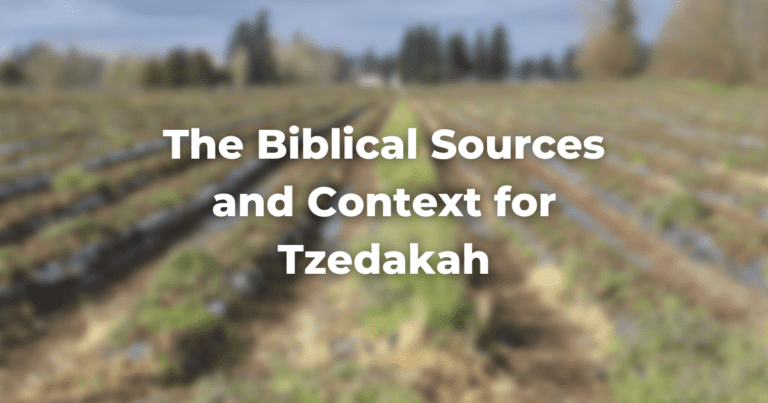If honoring one’s parents and raising one’s children were simple tasks, then the TorahRefers to the first five books of the Hebrew Bible, the Tanakh, also called the Five Books of Moses, Pentateuch or the Hebrew equivalent, Humash. This is also called the Written Torah. The term may also refer to teachings that expound on Jewish tradition. Read more might well have skipped over the stories of the conflicted families of Genesis.
And, indeed, thousands of years later, contemporary Jewish families still contend with the very same challenges described in the Bible—issues such as sibling rivalry, parental favoritism, and tension between generations—as well as with a wide variety of modern developments that only add more stress to those same relationships: geographic separation, cultural and religious assimilation, high divorce rates, and a popular culture that promotes addictive and selfish behavior.
Against this challenging backdrop, Judaism continues to promote an ideal family portrait of committed, loving parents and respectful, devoted children.
Although this portrait may not be congruent with the inevitable experience of all modern families, Judaism is very practical in the guidance it offers to strengthen family bonds for the benefit of parents and children alike.
The Commandment to Honor One’s Parents
As Moses descended from Mount Sinai bearing the Ten Commandments, rabbinic tradition imagined one tablet to contain five statements intended to govern our relationship with God, while the second recorded five brief laws governing relations between people.
Oddly, the fifth commandment, “You shall honor your father and mother,” was included on the first tablet.
Long ago, the rabbis understood this apparent error of placement to suggest a profound truth: that honoring one’s parents is to be understood essentially as an act of worshiping God.
This idea is also expressed in midrashic literature, where God is understood to sacrifice some of the honor of the Divine in order to share it with parents:
“Rabbi [Judah the Patriarch] teaches that the mitzvah of honoring one’s parents is so beloved to the One who spoke and brought the world into being that Scripture equates honoring them with honoring God, revering them with revering God, and cursing them with cursing God” (Mekhilta d’Rabbi Yishmael 20:12).
In this midrashThis word is used in two ways, as both a concept and a literature. As a concept, midrash is the expansive interpretation of biblical texts. The term is used to describe the practice of rabbinic interpretation. As a text, it refers to specific collections of interpretations, particularly from the third to ninth centuries in the Land of Israel and Babylonia. Plural: Midrashim
Read more and also in the classical codes of halakhah, honoring parents is equated with honoring God.
This equation is based upon biblical metaphors in which the Israelites are regularly called children of God and God is regularly described as a divine Parent.
At Deuteronomy 14:1, for example, Moses announces to Israel, “You are the children of the Eternal, our God.” Later, the stirring words preserved at Isaiah 46:3–4 beautifully describe God supporting the House of Jacob from birth until old age and offering them constant, ongoing divine love.
In the Book of Psalms—and this idea echoes throughout the liturgy—God is said to relate to the pious just as compassionate fathers relate to their children (cf., e.g., Psalm 103:13).
Rabbinic literature develops the concept of God’s earthly presence, called the ShechinahLiterally translated as “Presence,” while rabbinically, it is a term referring to God’s presence in the world. Its feminine form gave rise to the mystical expression of God’s feminine attributes. Read more, which is openly described as a kind of mother figure awash in maternal compassion.
Furthermore, God is described in a very famous passage as one of three partners—together with the biological parents—in the creation of every child (BT Kiddushin 30b and Niddah 31a).
God’s role as Creator is thus reaffirmed every time that children honor their parents, whose role as their personal creators reflects the glory of God, the Creator of all that exists.
Honoring one’s parents is understood as a way to honor and even—within kabbalistic circles—mystically to unite with God’s presence.
In his great code of law, Maimonides addresses the mitzvah of honoring parents in the section called Hilchot Mamrim, a section otherwise dedicated wholly to heresy. This implies that, for Maimonides, a person who fails to honor his or her parents properly is to be compared to a heretic who renounces the obligation to honor God.
We can now understand how the rabbis interpreted the placement of this essential commandment among the first five of the Decalogue 10 commandments.
Yet how is this mighty mitzvah to be fulfilled?
Just as honoring God requires a range of symbolic and practical gestures, so too does the honoring of our parents.
Honor and Reverence
In both versions of the Decalogue we read, “Honor your father and your mother” (Exodus 20:11 and Deuteronomy 5:16). Yet at Leviticus 19:3, we are taught, “Each person must revere his or her mother and father.”
From these verses the rabbis inferred that both honor and reverence are due to both parents by their children, no matter the gender.
These two mitzvot—to honor and to revere one’s parents—are independent, yet they will almost always be intertwined in practical reality.
Sometimes it is easy enough to honor a parent with kindness or compassion, but dramatically less easy to do so with reverence. At other times a child may feel deep reverence toward a parent, but be unable to show them much love.
These concepts may overlap but they are never fully equated in the traditional literature.
The TalmudReferring to one of two collections, the Jerusalem and Babylonian Talmuds, edited in the 6th century, that contains hundreds of years of commentary, discussion, and exploration of the ideas in the Mishnah. One could describe it as Mishnah + Gemara = Talmud Read more, for example, asks in a famous passage what exactly constitutes reverence, and how honor is different from reverence.
Reverence for parents, the rabbis answer, includes not sitting in a parent’s chair and not contradicting what a parent declares to be the truth. Honoring parents, on the other hand, is more than the avoidance of insult and includes the obligations to assure that one’s parents are fed, clothed, and accompanied when necessary (BT Kiddushin 31b).
We can extrapolate from these examples that reverence involves acknowledging the authority of our parents, while honor requires that they be made physically comfortable.
It should also be obvious that these obligations devolve upon adults with living parents, not solely on children still being reared at home.
Rabbi Joseph B. Soloveitchik, in a collection of his addresses published as Family Redeemed: Essays on Family Relationships (New York: KTAV, 2000, p.130), distinguishes between the external norms and the internal experience of filial piety.
The halakhah, he observes, does not attempt to regulate the emotional side of the parent-child relationship. It rather establishes norms of conduct to ensure that parents attend to the needs of their children, and that children reciprocate when they reach the proper age.
Ideally there will be confluence between external devotion and internal love, but the halakhah is realistic in its requirement that children demonstrate reverence and honor for their parents through their behavior, not that they love them.
Love can and does flower, however, within the supportive environment of honor and reverence.
This internal/external divide parallels the relationship between God and Israel.
We show devotion to God via practical actions known as the mitzvot, and we are promised rewards in this world and the next in recompense for our devotion.
The Talmudic sage Rabbi Judah said in the name of Rav, “A person should always seek to be involved in the Torah and mitzvot, for even undertaking them for ulterior purposes will eventually lead to doing them for their own sake” (BT Pesachim 50b).
Judaism describes a spiritual progression from ulterior motivation to idealistic observance of the commandments, and this parallels the journey from external, ritualistic obedience of divine instruction to internal transformation and the awakening of love for God.
This progression applies to the parent-child relationship as well, a relationship that becomes deepened and enriched through the practice of honoring and revering one’s parents.
Honoring parents properly may be as important as honoring God, but it is also often equally challenging, and sometimes even more so.
Indeed, an old midrash actually identifies honoring one’s parents as the single most difficult mitzvah (Midrash Tanchuma, Eikev 3).
As it is nearly impossible for children to appreciate all that a parent has done for them, so too are we unable to comprehend the constant gifts of love and compassion by means of which God allows us to exist on this fragile planet.
As we get older, and potentially have children of our own, we begin to comprehend the sacrifices made by our own parents, and we gain greater perspective on the gift of creation.
Adapted with permission from The Observant Life.
Authors
-

-



The Observant Life: The Wisdom of Conservative Judaism for Contemporary Jews distills a century of thoughtful inquiry into the most profound of all Jewish questions: how to suffuse life with timeless values, how to remain loyal to the covenant that binds the Jewish people and the God of Israel, and how to embrace the law while retaining an abiding sense of fidelity to one’s own moral path in life. Written in a multiplicity of voices inspired by a common vision, the authors of The Observant Life explain what it means in the ultimate sense to live a Jewish life, and to live it honestly, morally, and purposefully. The work is a comprehensive guide to life in the 21st Century. Chapters on Jewish rituals including prayer, holiday, life cycle events and Jewish ethics such as citizenship, slander, taxes, wills, the courts, the work place and so much more.
View all posts





